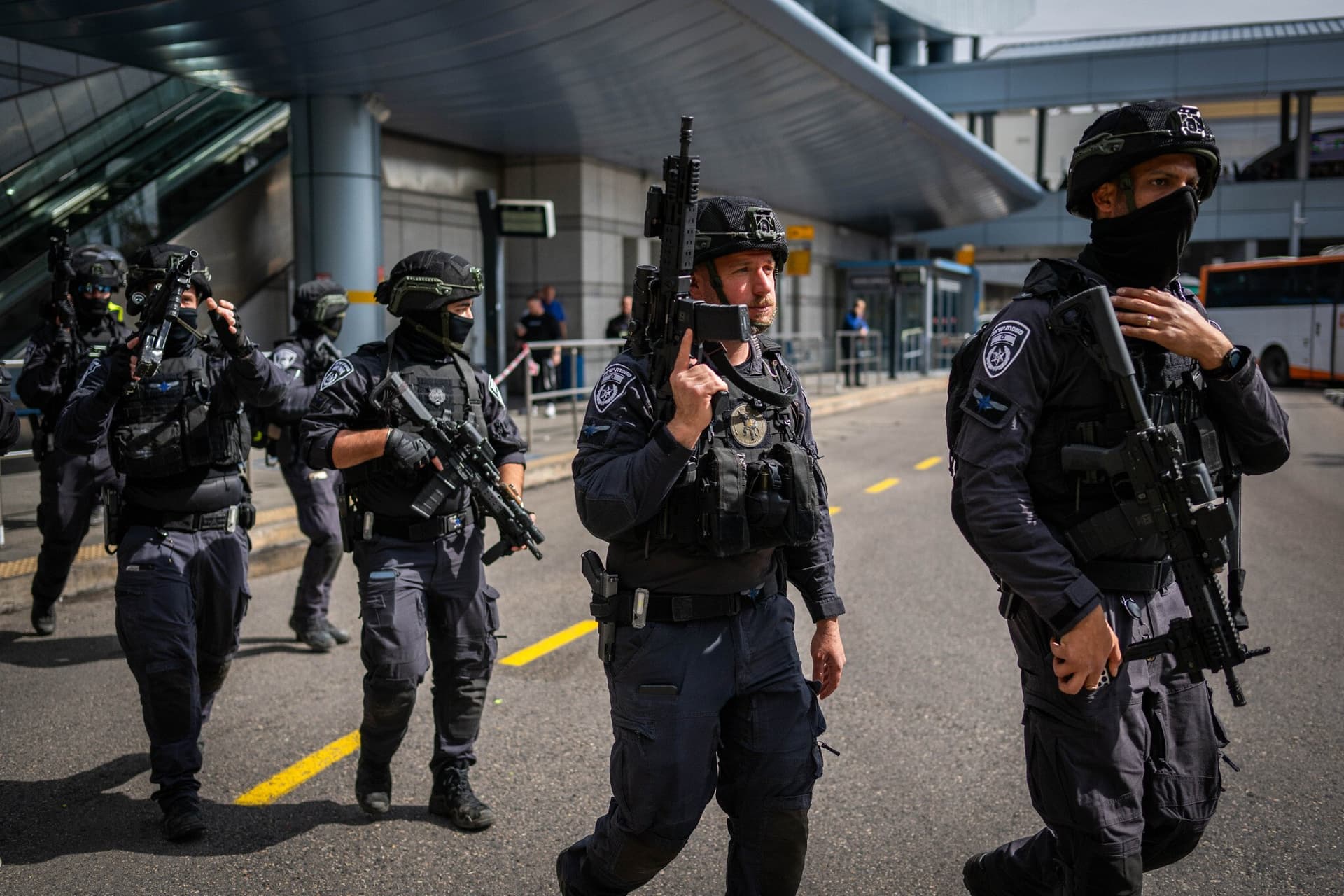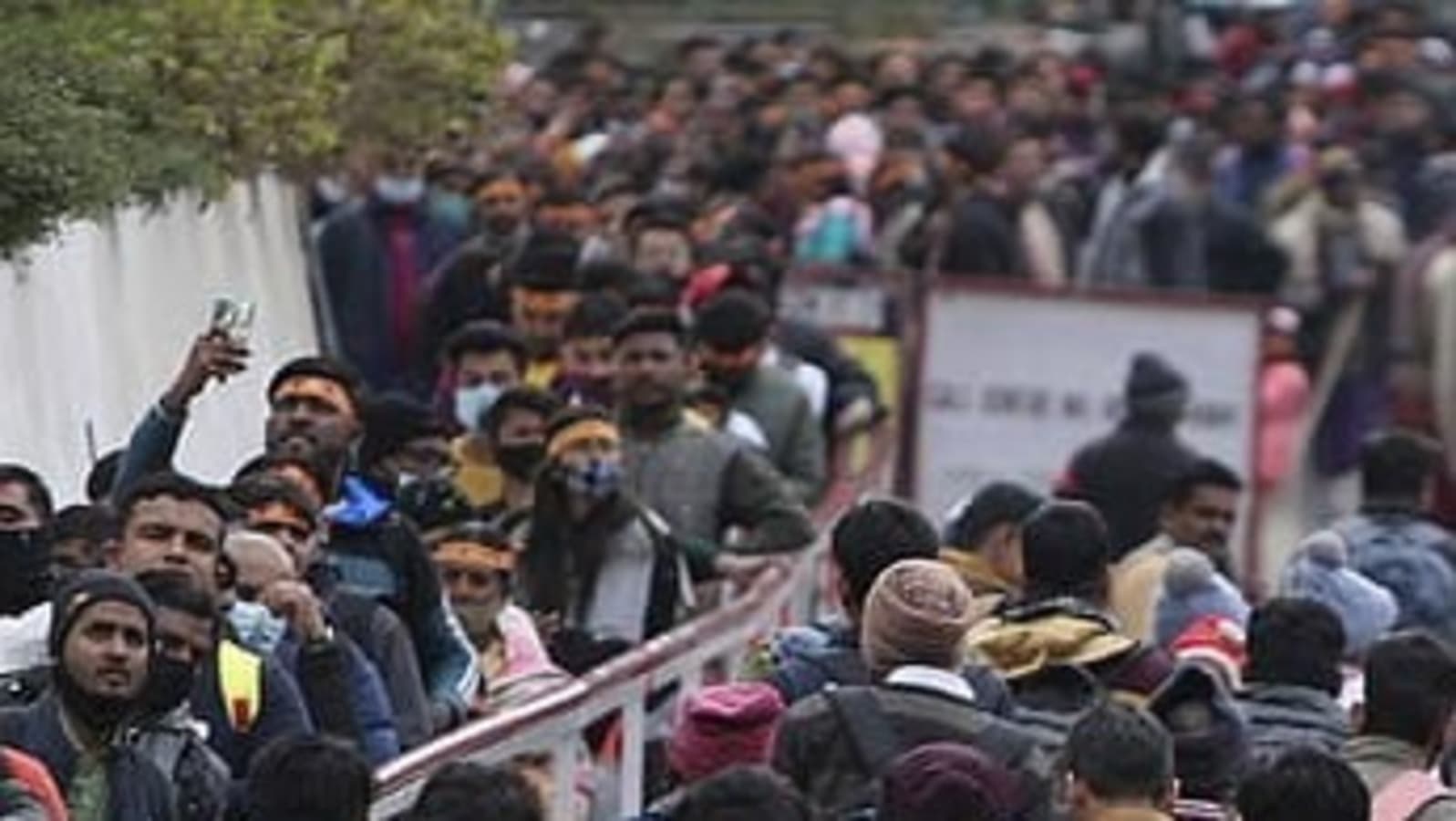Gunmen Seize 25 Schoolgirls in Nigeria, Staff Member Killed
Gunmen abduct 25 girls from a high school in Nigeria on November 17, 2025, and kill one member of the school staff, deepening a pattern of attacks that have targeted children and educators across the country. The incident heightens fears for girls education, tests state capacity to protect civilians, and raises questions about regional security cooperation and international legal obligations.

Gunmen abduct 25 girls from a high school in Nigeria on Monday and kill one member of the school staff, in the latest episode of violence that has repeatedly targeted students and teachers across the country. The attack comes at a time when communities and governments are already grappling with chronic insecurity, and it risks deepening educational and social trauma for families and towns affected.
Details about the assailants and the precise location of the school were not immediately available. Local authorities and national security officials typically respond to such incidents with search operations and appeals to residents for information, while families of the abducted wait anxiously for news of their children. In recent years Nigeria has seen a string of high profile kidnappings of schoolchildren that have drawn international condemnation and long term local consequences for schooling and community trust.
The abduction of 25 girls echoes earlier mass kidnappings that became global causes celebres and catalysts for policy debate. The 2014 abduction in Chibok, the 2018 Dapchi seizure, and other attacks in states across the northwest and northeast have left lasting scars and helped drive the displacement of populations from rural areas. Those patterns have also shown that the immediate human cost is compounded by longer term impacts on girls education, as parents restrict movement and attendance out of fear, and teachers are deterred from serving in rural schools.
The targeting of a school and the killing of an educator are not only crimes under domestic law but also implicate international human rights standards. Kidnapping and violence against children contravene the Convention on the Rights of the Child and, depending on the context, may engage principles of international humanitarian law. The incident will likely prompt calls from civil society and international partners for accountability and for enhanced protection measures for schools, teachers and students.
Beyond the immediate humanitarian emergency, the event carries broader political and diplomatic implications. Persistent insecurity undermines state legitimacy, complicates local governance, and can shape electoral politics by accentuating public frustration with security provision. It also creates fertile ground for cross border trafficking and for armed groups that exploit porous frontiers in the Sahel and Lake Chad regions, sharpening the need for cooperative regional responses.
For communities, the crisis is intensely personal. Parents and neighbors confront grief and fear as they seek information and negotiate with authorities. For the country, the attack is a reminder that protecting education, especially the education of girls, remains a frontline challenge in a broader struggle for stability. International agencies and rights groups have in the past urged practical measures, from fortified school commuting arrangements to community based early warning systems, but implementing those measures requires sustained political will and resources.
As families await news of the abducted girls, the case will test how quickly and effectively Nigerian authorities can respond, and how domestic and international actors coordinate to prevent further attacks. The outcome will shape not only the fate of the victims but also perceptions about the ability of institutions to protect civilians in one of Africa's most populous nations.


